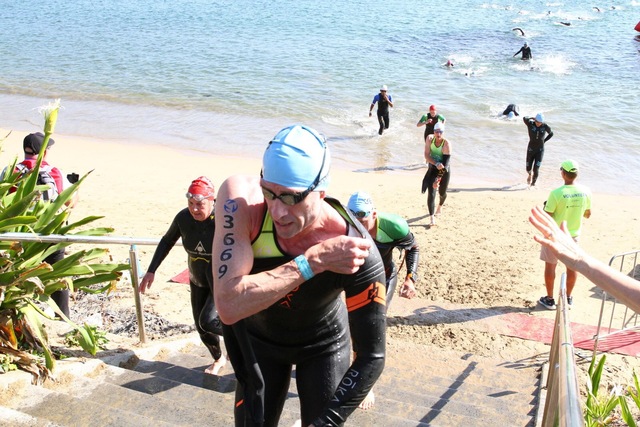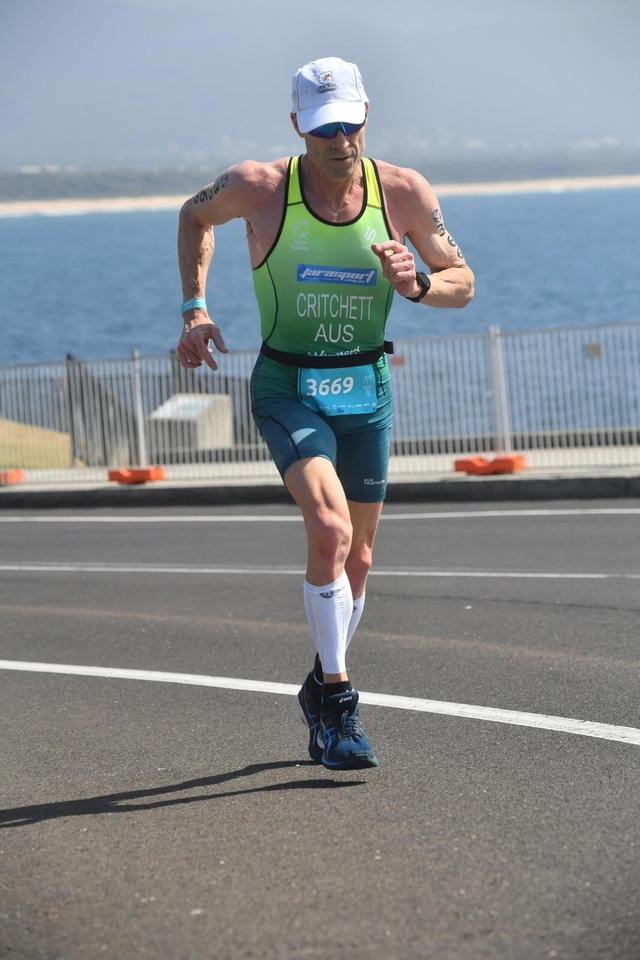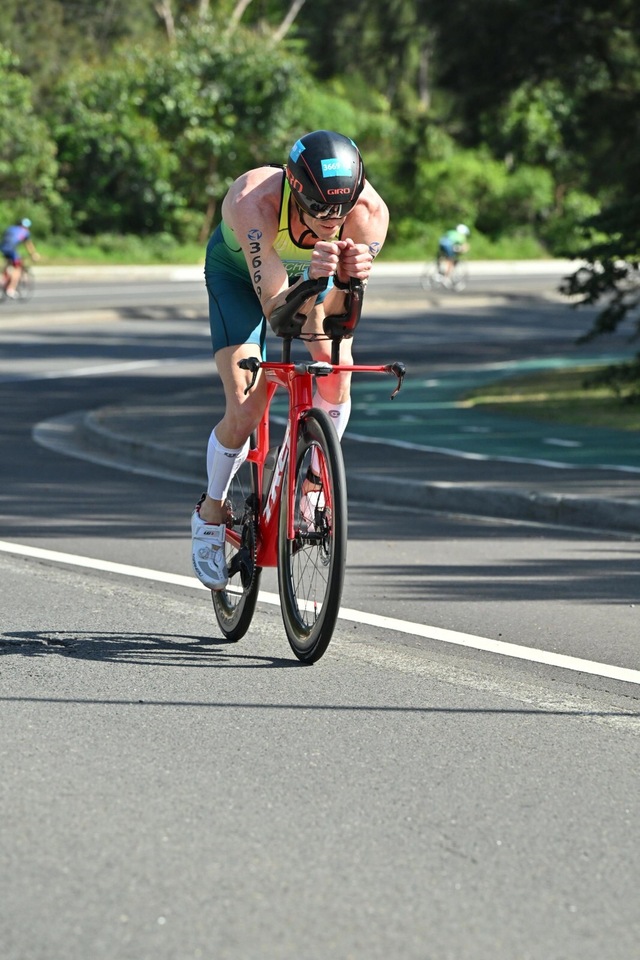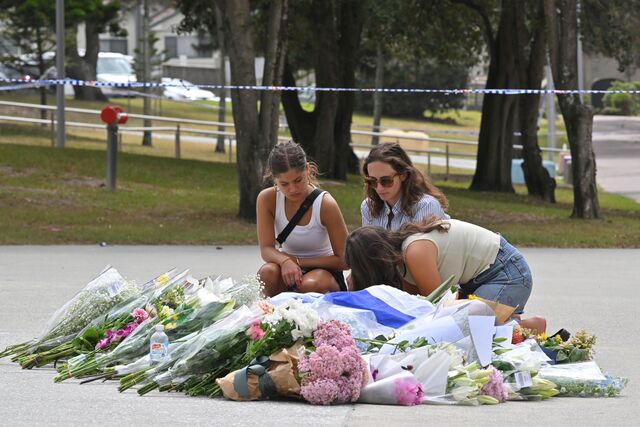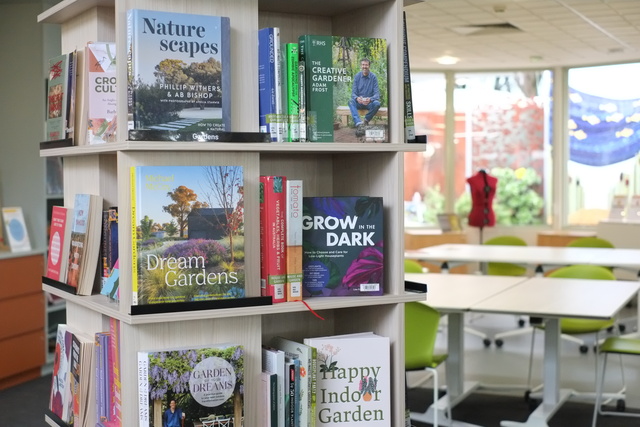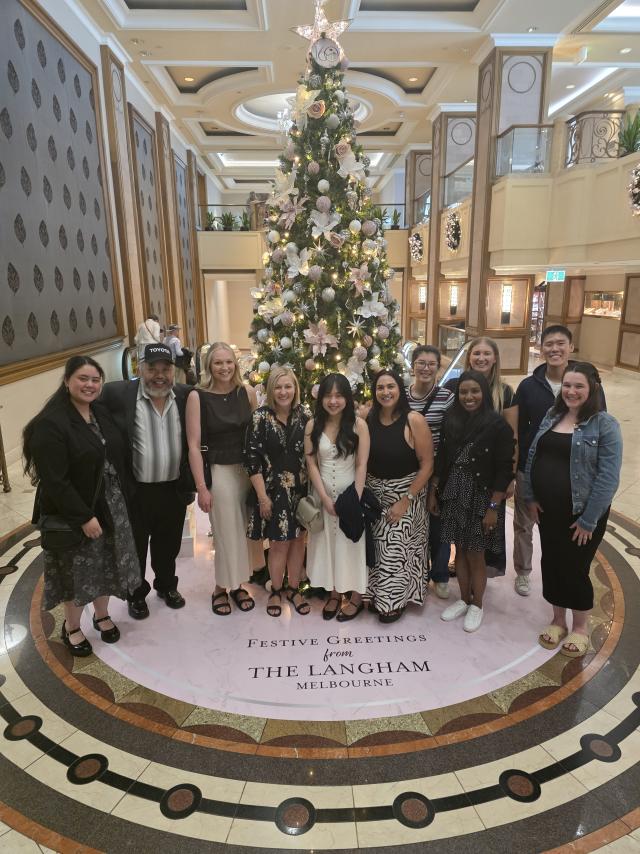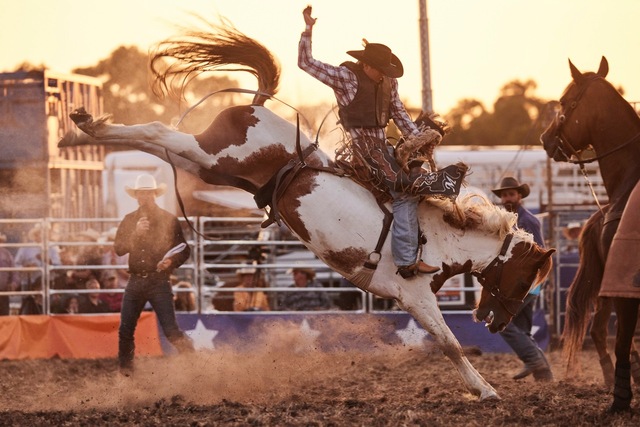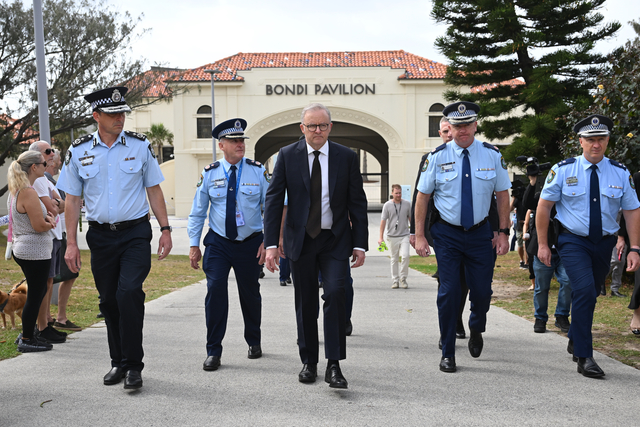Age is no obstacle for 57-year-old Triathlon champion and Yarra Glen local Jeremy Critchett.
Coming second in the world in the latest triathlon World Championships in Wollongong on 19 October, Mr Critchett has kicked the concept of age to the curb.
Mr Critchett’s new, shiny silver medal will accompany the two golds he won in the 2018 ITU age group world championships in the Gold Coast, along with another gold medal he won in the 2024 Cross triathlon world championships in Townsville, on his shelf at home.
“The thing I love about triathlon racing is that it’s just such a vibrant, exciting environment for racers themselves,” Mr Critchett said.
“Because I ride, swim and run, I see all kinds of athletes, some who are just runners or swimmers or riders, and so it’s really nice to connect with so many different groups. It feels like a community.
“You would think that with time constraints, it is easy to get isolated, but with triathlon, wherever you’re going, whether you’re running or riding or swimming, there’s lots of people generally around you doing a similar thing, so it really brings people together.”
There is much data research and planning that goes into a triathlon race. Mr Critchett described his mental state and preparation in the lead-up to the recent race.
“I always know where I am in terms of my fitness and I understand the training data but one of my weaknesses is that I am always really stressed before a race. I reckon I didn’t sleep much for three days before the race,” he said.
“I went through a lot of data research to try and understand who my competitors were in the weeks beforehand.
“I was a bit worried about some of the international competitors, but it wasn’t one of those who beat me at the end of the day.”
While adding silver to his collection of gold was not wholly in Mr Critchett’s forecast, he confirmed that he is happy with the result.
“There is lots that can happen during a race,” Mr Critchett said.
“You could get a flat tyre and it’s really difficult to know how you will go on the day but I try and put myself in a position where there is a chance that I could win.
“I didn’t know the other bloke was in front of me, so I reduced my pace and in the end, that is what got me. But I still feel a strong sense of achievement.”
Triathlons have been a part of Mr Crichett’s life since he was in his mid-20s.
Mr Crichett said, “I actually left work as an engineer when I was 26 to start my journey into full-time training to see if I could compete at an elite level and I basically spent about four years full-time training, mainly competing in Victoria.”
“I got to an elite level in Victoria and trained with some Olympians, and it became like work as I was training five, six hours a day with five hours of massage and four hours of pilates per week, plus lots of stretching,” he said.
“It’s a different lifestyle and it seemed like I would just continue to get faster, but all the focus and sponsorship was centred on the juniors so I went back to engineering and I continued to train on and off.”
Despite a lack of sponsorship opportunities for athletes over the age of 23, Mr Crichett competed competitively at an elite level again at age 45 and continues to do so.
“It’s keeping me fit as I get older, and it’s important for me to do what I can,” he said.
“There’s not a lot of sponsorship at my level. If you’re a junior and you’re coming up, there’s a lot more opportunities. I can get some sponsorship in the form of subsidised physio and things like that, and I did get more when I was racing full-time.”
Working full-time as a qualified engineer, though taking time away from training, has equipped Mr Crichett with useful skills in minimising drag and perfecting aerodynamics.
Mr Critchett said, “I’ve really used my profession to support recovery, and it has given me insights into how I can better train myself because the triathlon is a very complicated format of racing with the three disciplines.”
“I studied aerodynamics and I worked in a wind tunnel, so I understand more about drag and aerodynamics than most people, including a lot of the businesses, so I can see where a lot of the products that are on sale are actually not utilising the best strategies,” he said.
“I’ve done a lot of work on my bike to try and improve flexibility and speed and I try to hold a more aerodynamic position and put my water bottles in places that reduce drag. it’s quite interesting how I can utilise my engineering background.”
Mr Crichett’s love for triathlon racing is also driven by his fascination with exercise physiology. His training regime and diet reflect this.
“I have a blood disorder, so I can’t eat meat and I have to make sure I get enough protein so I am supplementing with a fair bit of protein powder and then I am eating the standard stuff that people vegetarians eat, like tofu and lentils,” Mr Critchett said.
Each week, Mr Critchett balances training with full-time work, completing nine training sessions, comprising three runs, three rides and three swims.
Mr Critchett said, “I’ve been plagued this year with getting ill a couple of times and I’ve got problems with vertigo, so there have been times where I’ve struggled to train, which has made it really difficult.”
“You can’t train hard if your body’s not able to absorb it so you have just got to listen to yourself, and appropriately load your body so that it can still recover properly,” he said.
Rather than his age, Mr Critchett finds the sheer commitment required by the sport the most challenging.
Mr Critchett said, “It can become so consuming and you really have to commit.”
“I also guess in terms of ageing and having longevity, I need to make sure that I can keep my body in a reasonable state well into the next couple of decades.”
Mr Critchett’s next big race is the New Zealand 2027 world championships.
“I will just move into the next age category where I will be the youngest, so it’s a really good opportunity to target that race,” he said.
“I’m not going to race unless I commit sufficiently. I have to be at least as good as I am now because it’s too big a commitment to not put myself in a good position.
“I need to talk to my physio, my coach and my partner and I need to look at my commitments with work and try and work out how I can put a plan together to get through that period again because it’s quite difficult to just keep it all going endlessly.”
Overall, Mr Critchett’s rigorous dedication, commitment and podium achievements showcase that age truly is no obstacle so long as willpower is involved.

